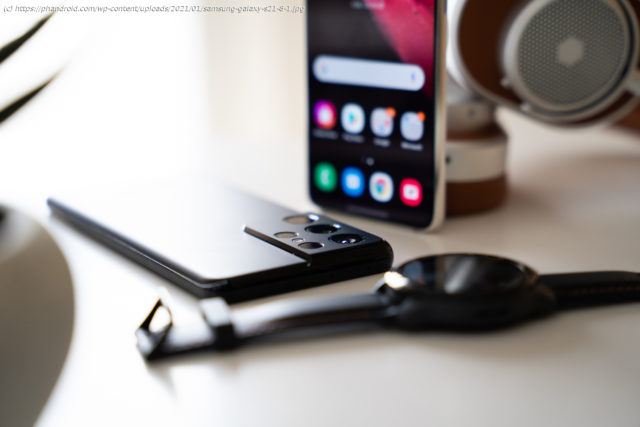LG, Motorola, HTC, Sony. These are the big hitters that have largely disappeared since the “heyday” of smartphone innovation. While there have been some one hit wonders like the Essential Phone or Razer Phone, no-one has stuck around long enough to be a real player. Fast forward to today, and you can take one look at the flagship Android space (in the U.S.) to notice there’s a rather large problem: Samsung OnePlus These are the only two companies with enough staying power to be considered worthy. It would be just wrong to discount the Huawei or Xiaomi phones that were available in years past, but thanks to recent politics, neither of those companies can sell phones here in the States. And of course in Huawei’s case, it can’t even use Google’s Android anymore, instead, it’s relying on development of its own software with HarmonyOS. We’re still waiting to see what kind of influence Carl Pei’s Nothing could potentially have, especially after its acquisition of the remnants of Andy Rubin’s Essential. Samsung needs stiffer competition Samsung IS Android, but is that good? Samsung has been at the bleeding edge of innovation for the Android space. You could go so far as to say that Samsung IS Android, although Google is sticking around the smartphone game. Coming from someone who has both the Z Fold 2 and S21 Ultra, it’s easy to say that the “Galaxy effect” has gotten a bit long in the tooth. I miss the days where you could walk into a big box store or your carrier store and see walls lined with flagship options. Flashing back to 2014, and we had the LG G3, HTC One M8, Moto X, Galaxy S5, Xperia Z3, and more. Today, we have the Galaxy S21, OnePlus 9 (presumably soon), and…. …that’s it. There’s nothing wrong with having two options for Android (ignoring iOS here), but the more the merrier.
Timeline words data
Options
Restore all
Clear all






